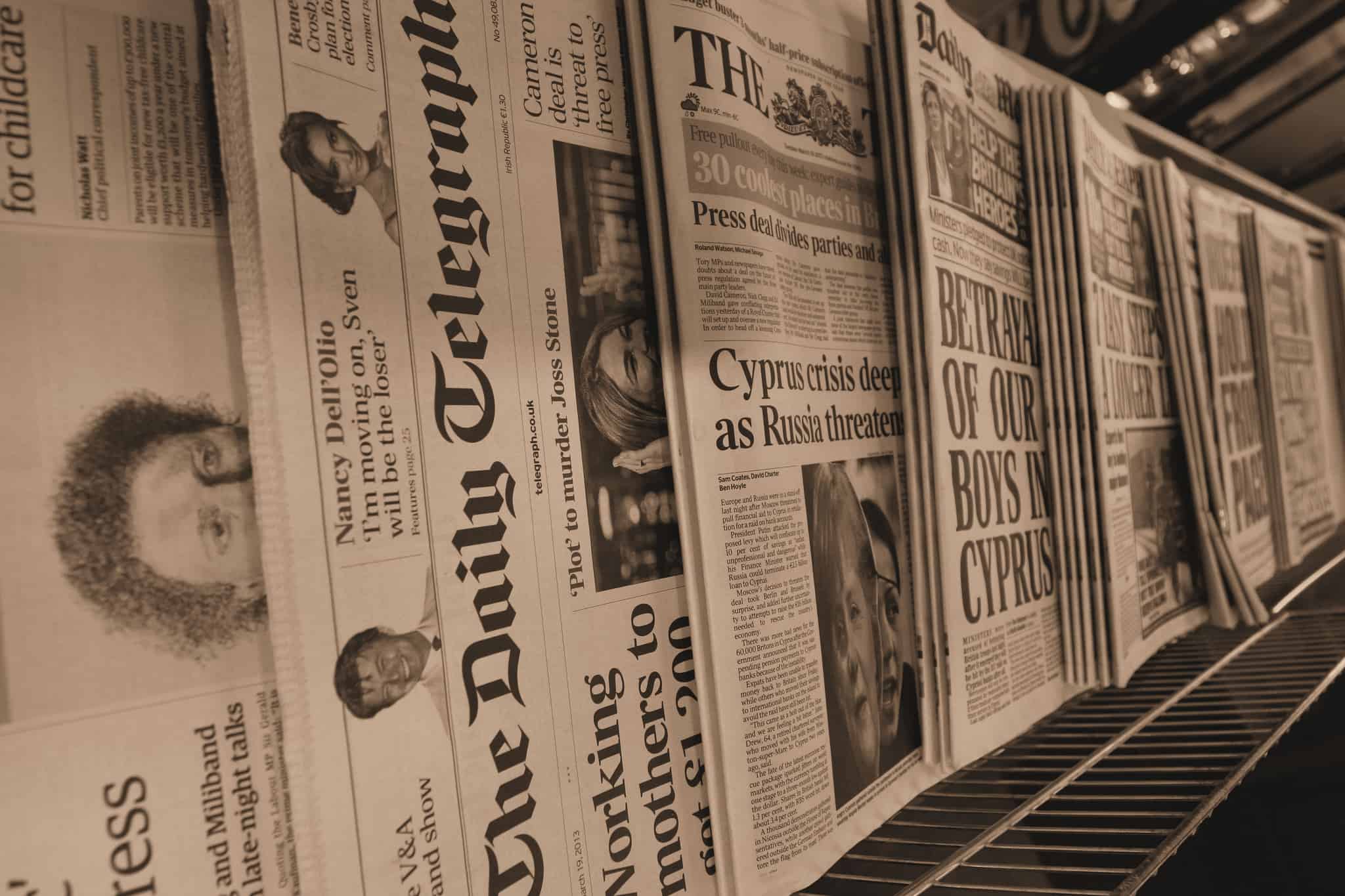Did you hear the news?
In late April, some supporters of the president clashed with students right outside a Jesuit university. Rocks and bottles were thrown, causing damage to the entrance gate onto campus. In the tension that followed, a 15-year old student from a local Jesuit high school was shot in the throat and died.
Did you hear that story?
Don’t be too surprised if you didn’t. The Jesuit university in question is not located in the United States. It is the Central American University (U.C.A.) of Managua, Nicaragua. And the young student who was killed, Álvaro Conrado, attended the Loyola Institute in the same city. He is just one of the many peaceful protesters who have been killed in Nicaragua in the past month in country-wide protests. Have you heard about what is going on there?
News Media Blind Spots
The story above is merely one story of thousands that pop up on news websites and our FaceBook or Twitter feed on a daily basis. The school shooting at Santa Fe High School, clashes at the Gaza border, a volcano spewing lava in Hawaii, a royal wedding. Some stories dominate the headlines, go viral, and extend for days. Others vanish as quickly as our thumb can scroll across a smartphone screen.
Despite the overabundance of news, there are still stories that never even make it to our smartphone screens to begin with. Many traditional news media outlets have cut costs to stay afloat, which includes sacrificing staff and reporters. When big stories are calling for more coverage and attention, other stories get left behind because resources are limited.
With stories like the on-again, off-again meeting between North Korea and the U.S. and the collapse of the Iran nuclear deal, we are going to encounter less international coverage of civil unrest in Nicaragua or election-related violence in the Philippines. These stories likewise deserve coverage, but it can be hard to come by outside of their own local press. News media has its blind spots.
Our Blind Spots
The truth is: we live in a very big world. As touching as it is to have those “small world” experiences, it is nonetheless helpful to remind ourselves that this world is still a very big place, with a lot of things going on at the same time.
It is simply impossible and exhausting to even consider keeping up with all the news, all the time. We are limited by the busyness of our daily lives and the sheer quantity of news that is generated daily. In the midst of the overabundance of news out there and our own American exceptionalism, we often end up focusing on just the headlines or the news stories that most affect us. Or that most affect the U.S.
With the ongoing war in Syria and the move of the U.S. Embassy to Jerusalem, it should not surprise us that not everyone is abreast of the currency crisis in Argentina, the murder of priests in neighboring Mexico, or the deadly cyclone and violent clashes breaking out in Somalia. We all have our blind spots.
Share the Good News
We need to be forgiving with ourselves about our inability to keep up with everything, and we need to be forgiving of others. We cannot expect ourselves nor anyone else to be completely informed on every news story. Rather than being overly critical or judgmental, or merely resorting to a superficial slacktivist approach, we should take advantage of opportunities to share important news with one another.
The news that matters most to us is usually news that matters most to those who we know and love, and vice versa. If you have a relative working or studying abroad, you are going to want to know more about their local situation. If you have a friend in the military or an international volunteer program, you are going to take more interest in places where they are sent. Maybe you are that friend or family member for others.
Otherwise there might be a particular theme (like Catholic news!) or a regional issue (AIDS in South Africa for me- and you?) of the world that you pay particular attention to, while other friends or family of yours might not be as tuned into it. Your passion alone might make your friends and family more interested.
Social media allows us to participate in the circulation of news stories. If there is a story that impacts you or that deserves more attention, share it with friends and family. Dig deeper, investigate and learn more, and then share that knowledge with others. Instead of feeling overwhelmed by the deluge of news, we can start to feel empowered with our ability to participate.
Let’s start by recognizing our own news blind spots and realize that everyone has them. Then we can put away our judgments and start to share the stories that matter.
Did you hear the news? Let me tell you what I heard.
***
Image courtesy FlickrCC user (Mick Baker)rooster.


